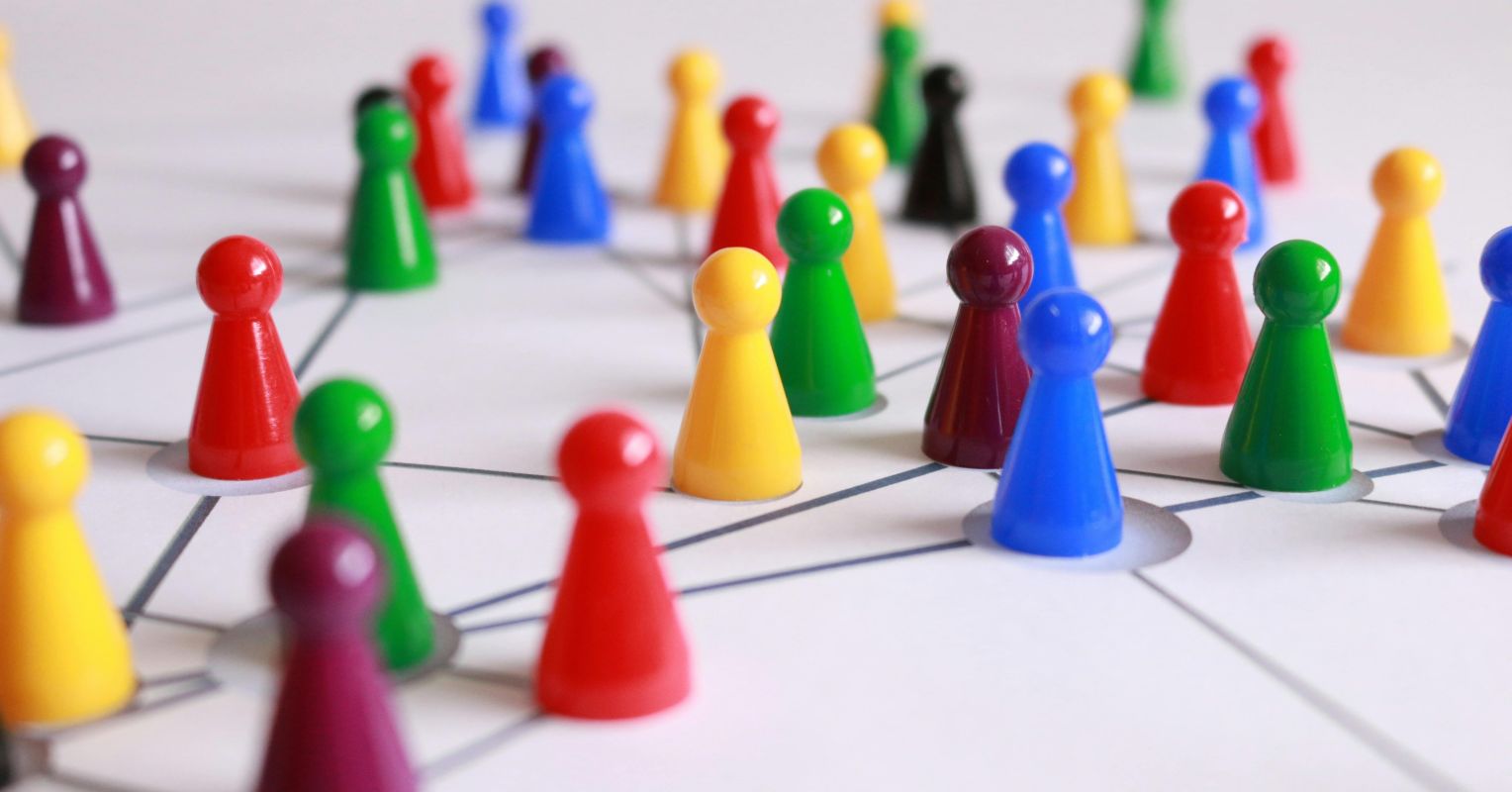Several years ago, my daughter and I enrolled in an Aikido self-defense class for women. We expected to learn how to protect ourselves through forceful, strength-based martial arts mindsets, skills, and strategies. Arriving at our first class, we were primed to practice blocking, striking, and overpowering opponents. Instead, we were introduced to a philosophy of nonviolence, presence, balance, collaboration, and intentionally taking care of the well-being of opponents. This profoundly shifted our beliefs regarding leadership and conflict resolution, while offering a more enlightened approach for mitigating the expanding personal, political, and organizational tensions in our world.
The effects of escalating divisiveness on Mental health, resilience, and bottom-line organizational outcomes underscores the importance of embracing a peaceful approach to leadership and daily life. A shift toward the gentle action-oriented principles Aikido offers us—nonviolence, empathy, balance, mutual respect, collaboration, and agility—is essential for transformation on a myriad of levels.
Akido was founded by Morihei Ueshiba and formally established as a distinct martial art in the early 1940s. Ueshiba, a Japanese martial artist, was deeply inspired by spiritual teachings and sought to integrate his beliefs regarding peace, harmony, mutual respect, spiritual development, and nonviolent conflict resolution into a formal martial arts practice. His philosophical approach provides a template for transformational leadership, and a path for psychological and spiritual growth.
Presence, Balance, and Redirection
In our first class, my daughter and I practiced blending with, redirecting, and transforming our opponent’s energy. Rather than attempting to win through meeting force with force and overpowering an opponent, we learned to focus on staying balanced and neutralizing our opponent’s aggressive energy through allowing the forceful energy to move past us. The concept of defending oneself through non-confrontation and taking care of your opponent initially felt counterintuitive. As we practiced the movements, we experienced how sidestepping and redirecting confrontational energy could organically defuse aggression.
Aikido inspired leaders to strategically adapt to challenging circumstances by staying present, balanced, agile, and redirecting conflictual energy towards the generation of innovative solutions. They are skilled at transforming aggressive narratives into respectful dialogues that engender understanding and reveal shared values, goals, and mutually agreeable resolutions. When Satya Nadella became Microsoft’s CEO, he fostered a shift from a highly competitive, siloed culture to one based on collaboration, empathy, and innovation. He accomplished this through being guided by principles of empathy and connection, presence, understanding, and redirecting efforts towards innovation and growth.
Harmony, Agility, and Compassion
As my daughter and I practiced the Aikido movements and philosophy in subsequent classes, we experienced that our natural tendency to oppose and resist confrontational forces resulted in our being thrown off balance and overpowered. Aikido emphasizes blending with your opponent’s movement to create a sense of harmony and balance. As we focused on staying fully present and agile in our stance, we experienced that yielding, rather than resisting, allowed us to gracefully defuse and redirect our opponent’s confrontational energy. We learned to care for our opponent and that our ultimate goal was to ensure that each person remained safe and unharmed.
Whether on the mat or at work, effective leaders are able to remain fully present, balanced, and agile in service of strategically and compassionately overseeing whatever situation is presented. They are able to purposefully respect all levels of expertise, seek understanding, foster shared success, and redirect confrontational narratives into collaborative dialogues. Health care professionals often encounter patients who are in extreme distress, are highly anxious, and resistant to treatment. Those who are skilled in addressing patients’ clinical and emotional needs are able to create a safe space for listening and understanding patients’ concerns and fears and are able to redirect patients’ energy towards engaging and cooperating in their treatment plans.
Agility and Transformation
My daughter and I came to Aikido to learn self-defense. What we discovered was a life-altering approach to confrontation, whether on the mat or in our daily lives. We experienced the direct relationship between the energy we bring into a situation and our ability to redirect and transform conflict. As we embraced the Aikido-based philosophy of non-violence, balance, presence, and empathy towards our opponents, we learned that true strength lies in the ability to gracefully adapt to whatever situation we encounter and intentionally redirect and shift confrontation into understanding and harmony.
Challenging times require agility, empathy, and resilience. Through remaining present, balanced, and agile, we can respectfully redirect divisive narratives into opportunities for discovery, understanding, collaboration, and innovation. Imagine the potential for transforming the divisions that separate us through integrating Aikido-based principles and mindsets into our approach to leadership and life.













